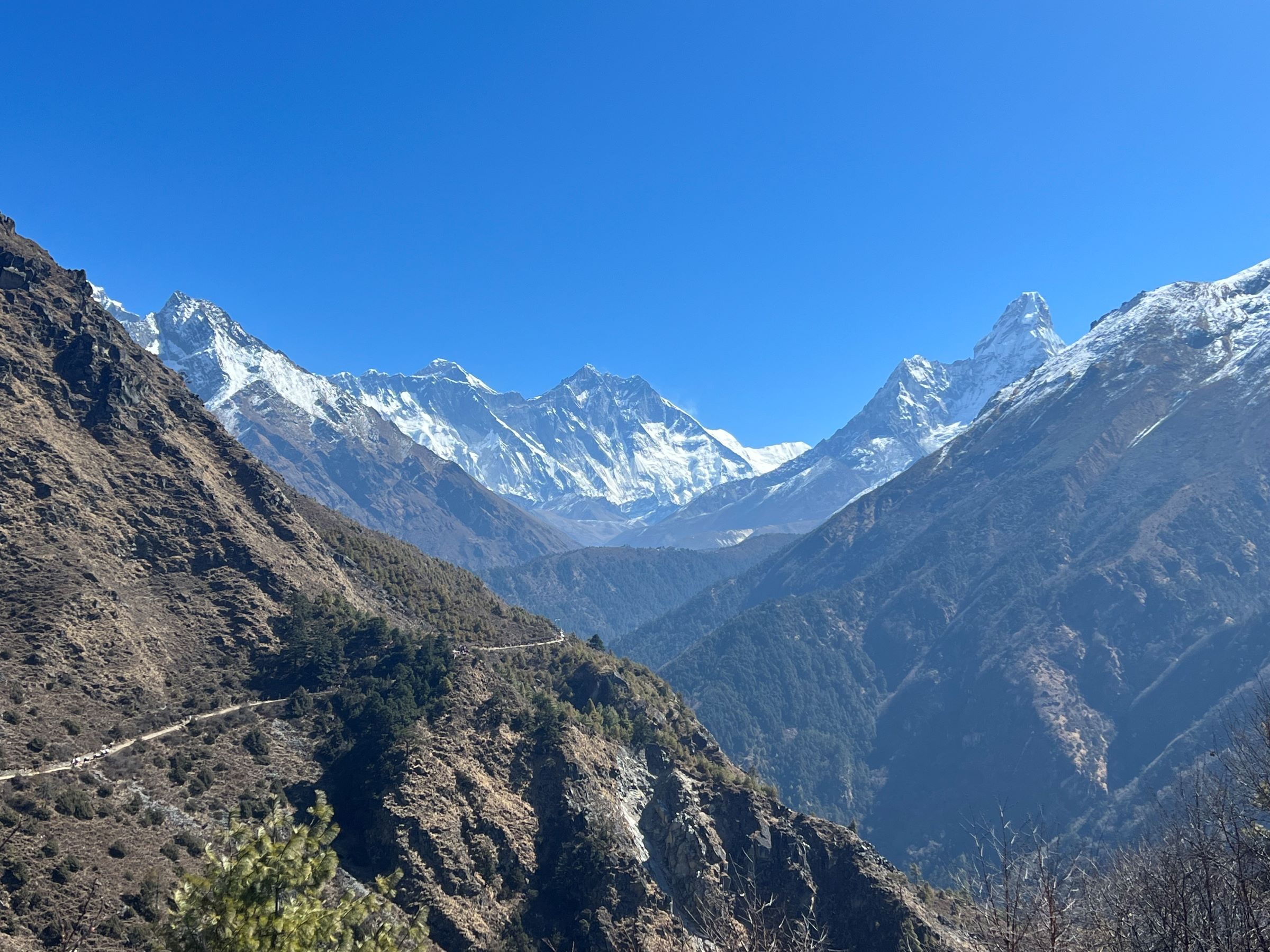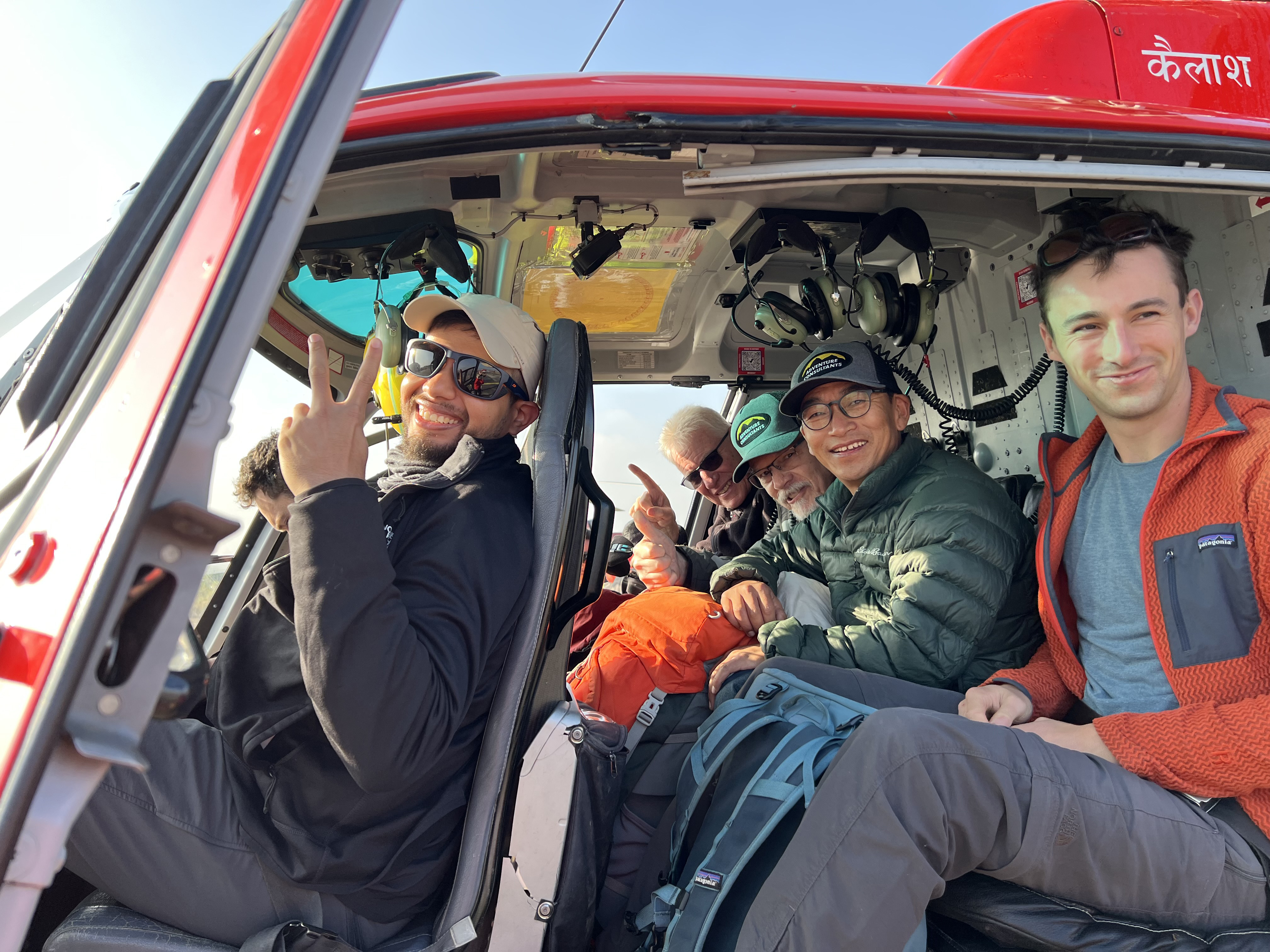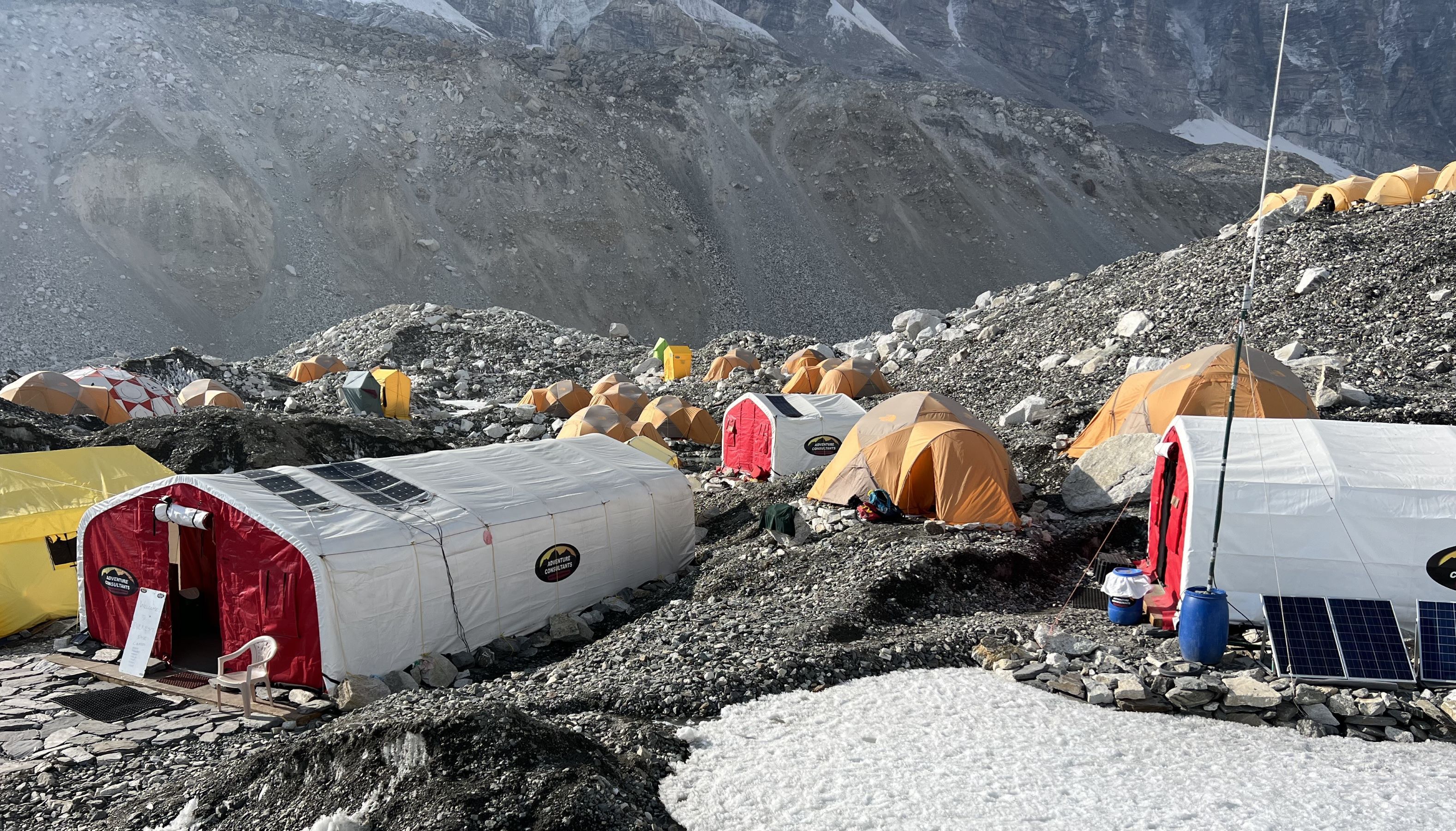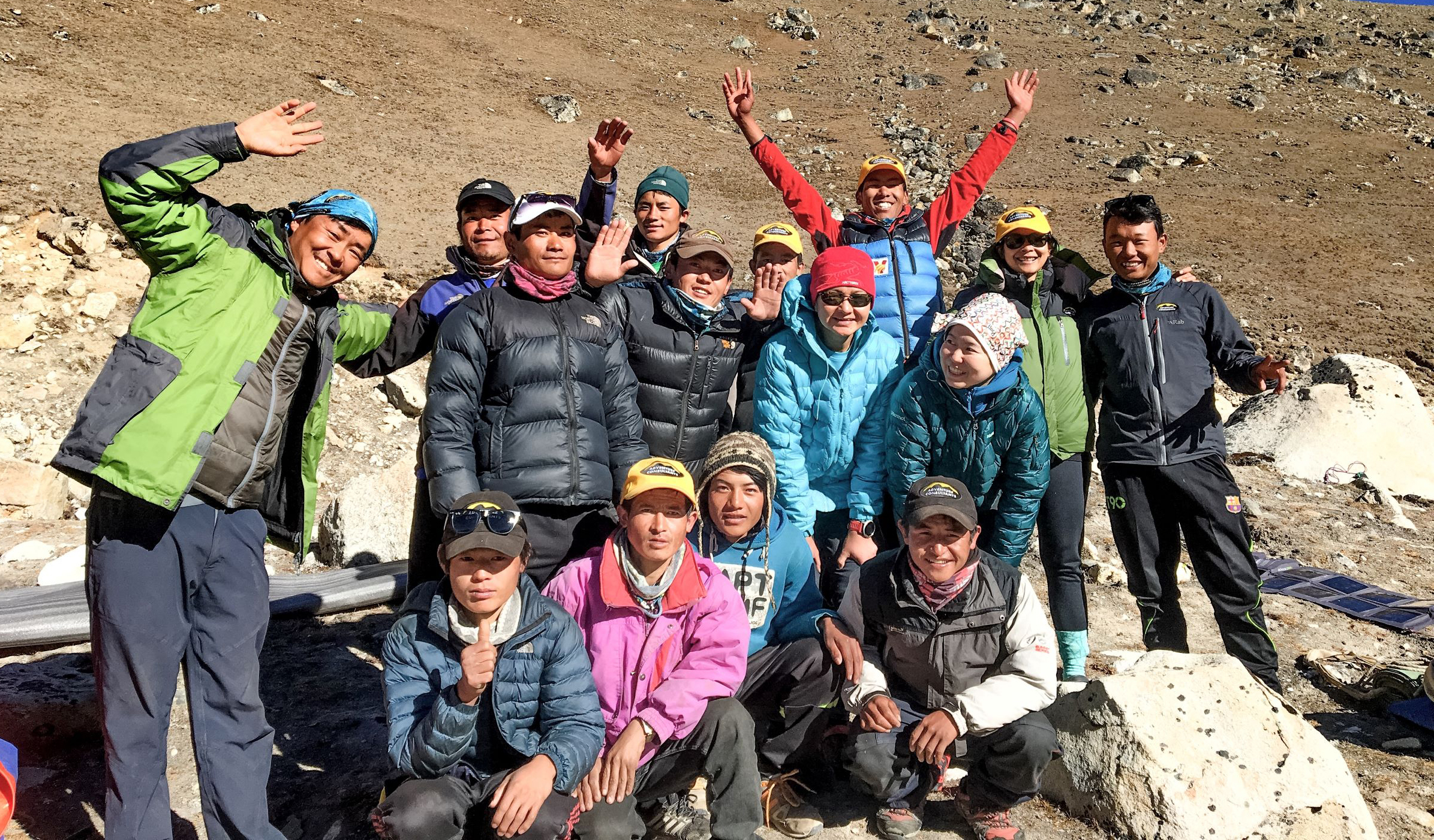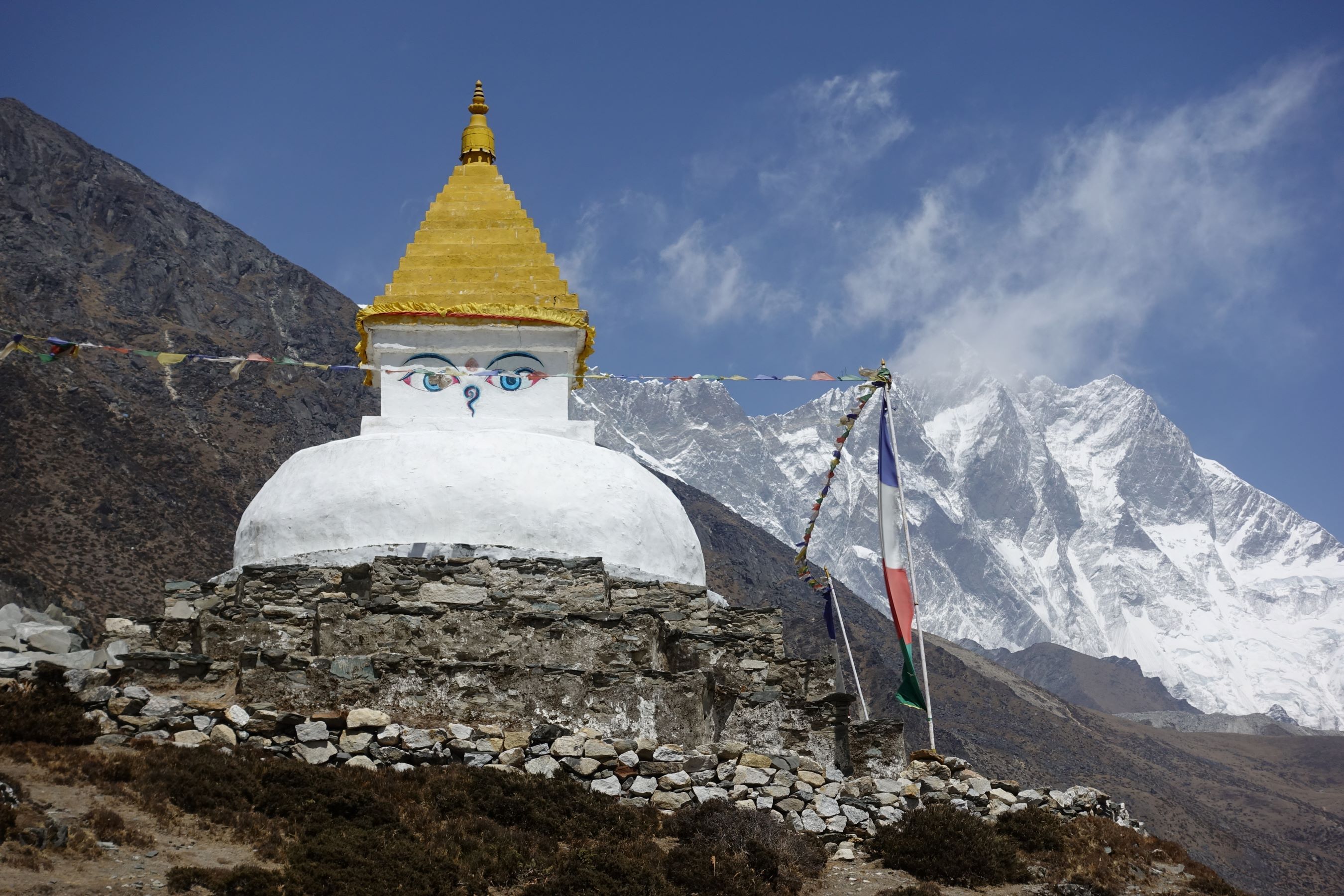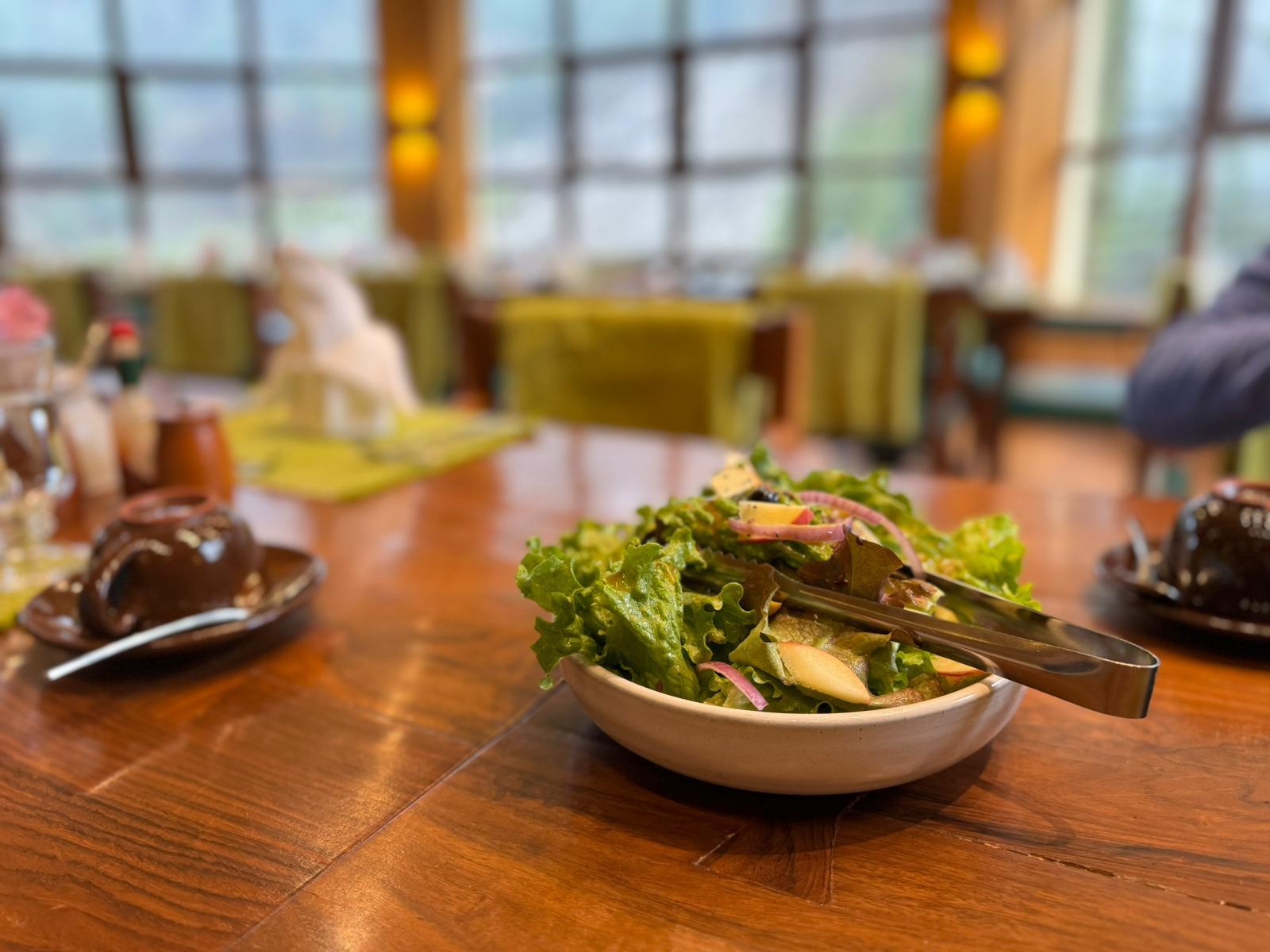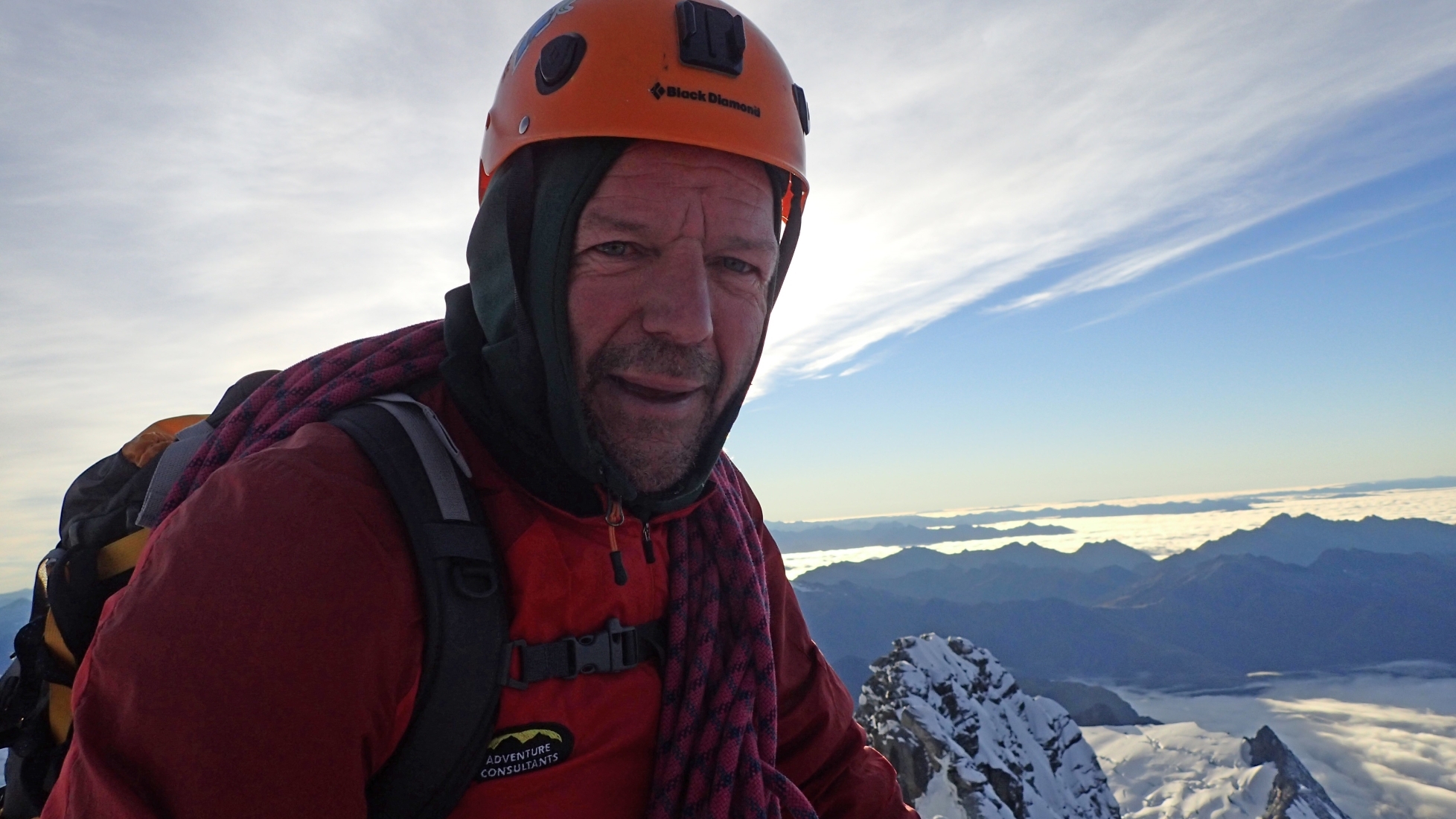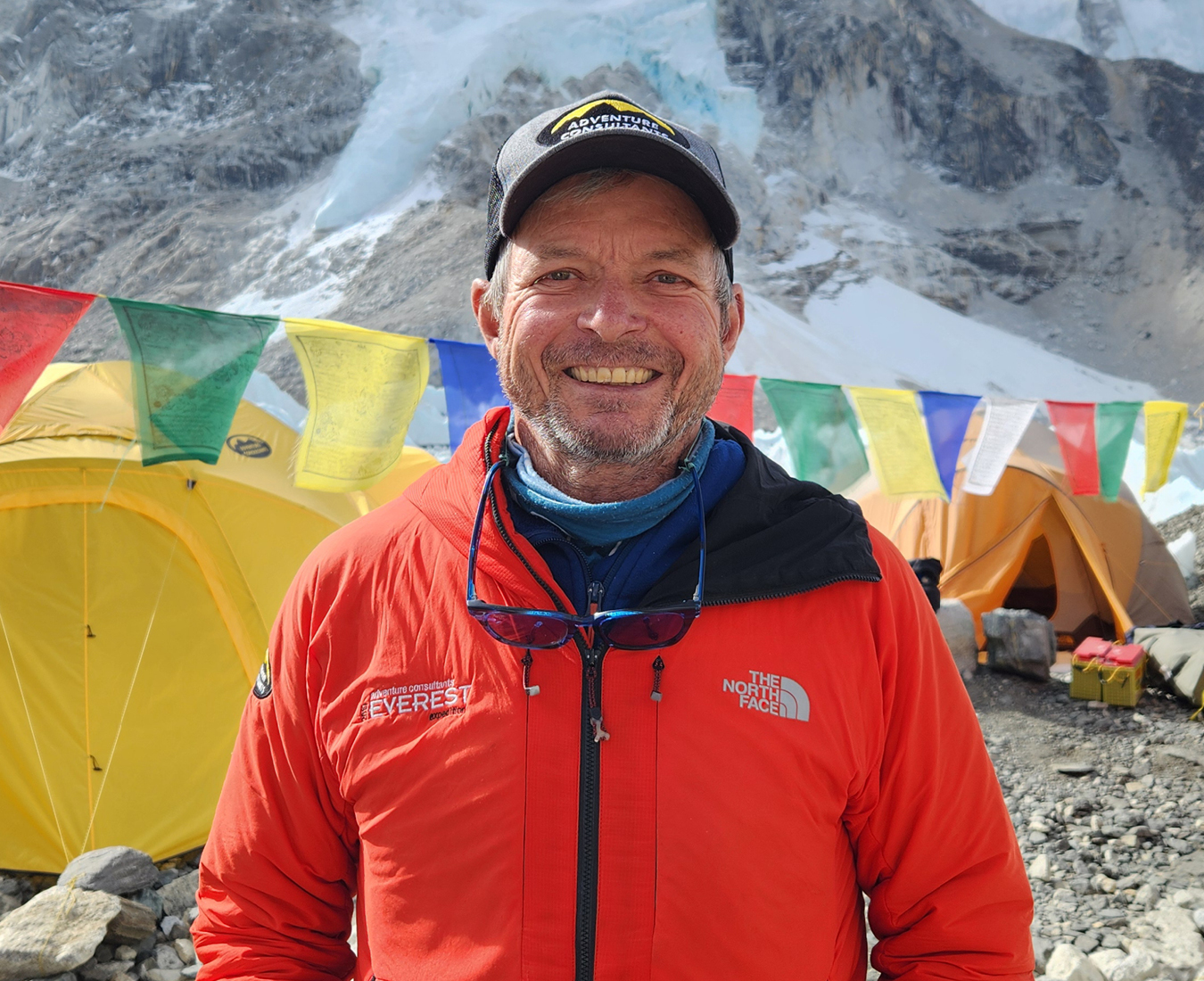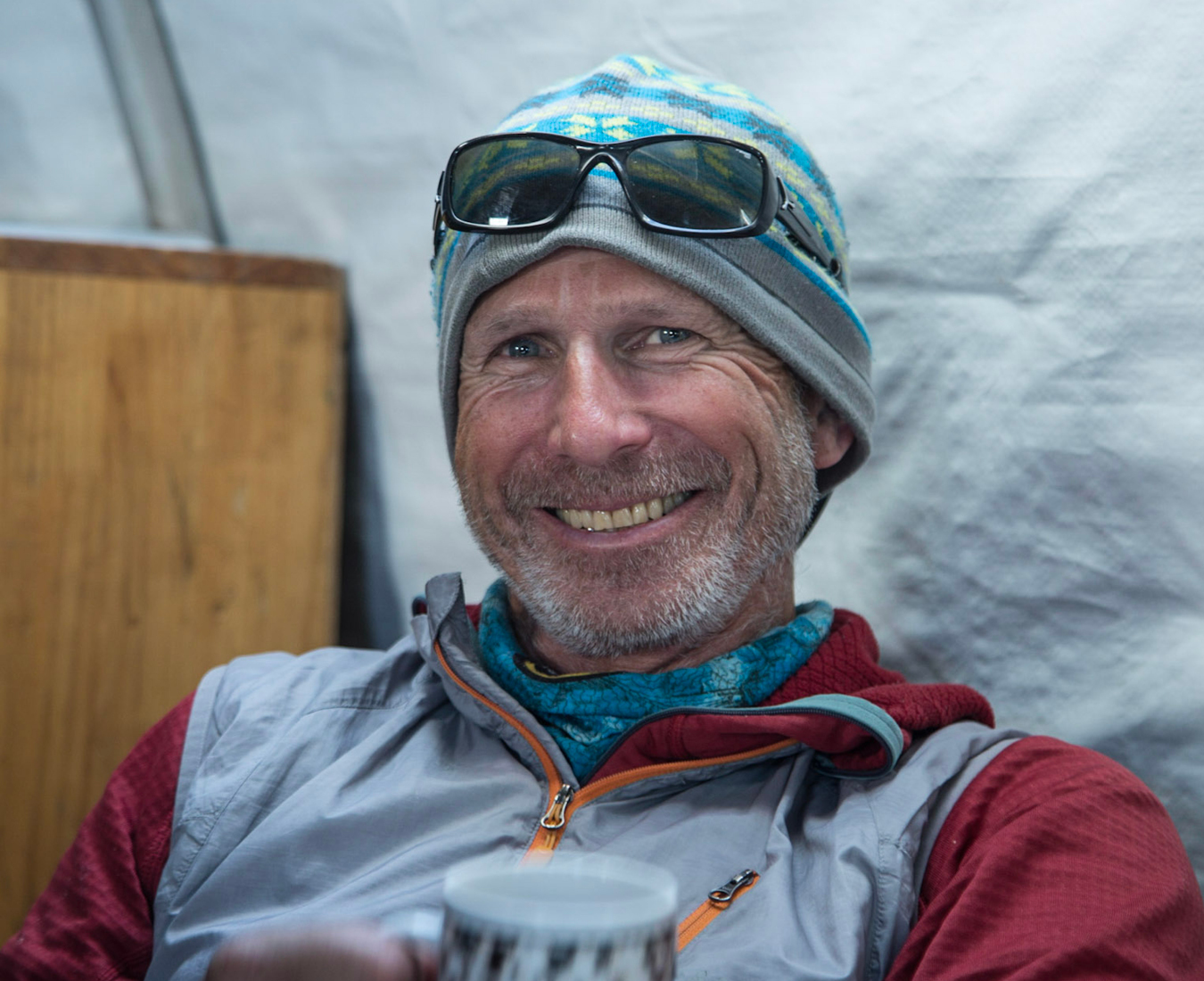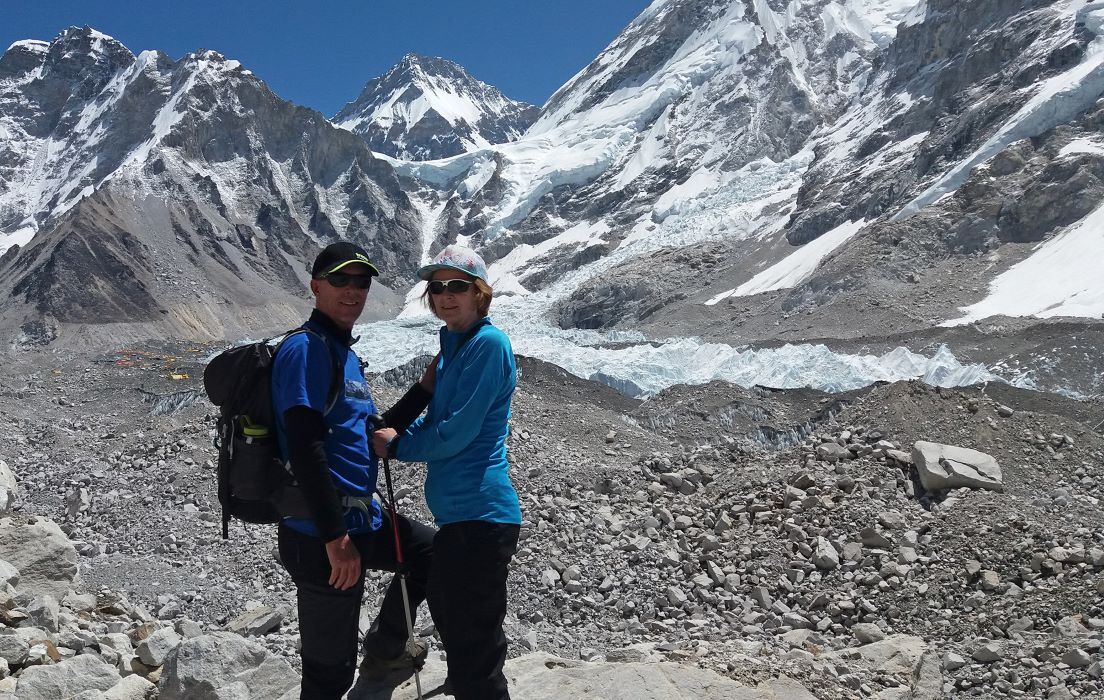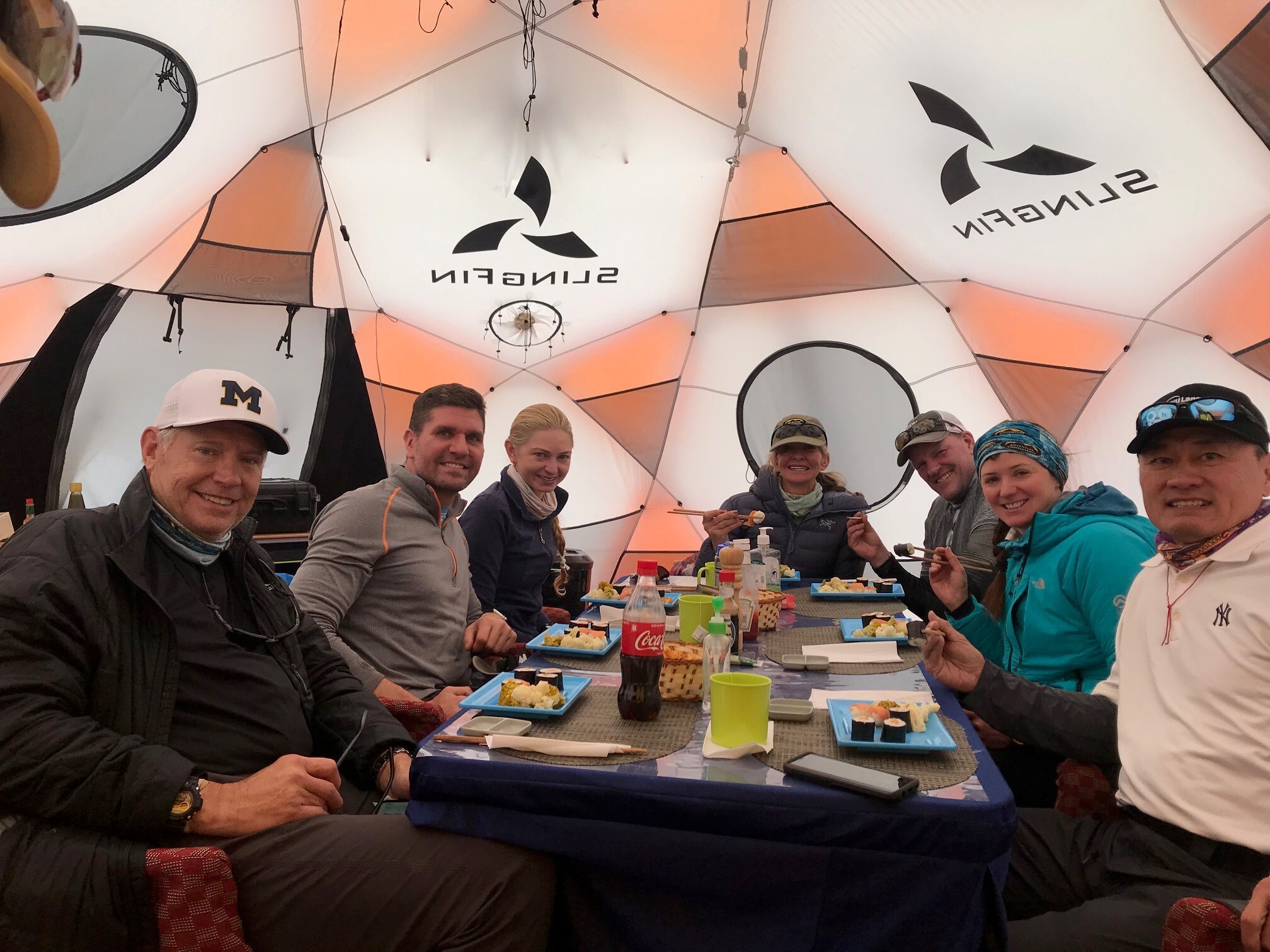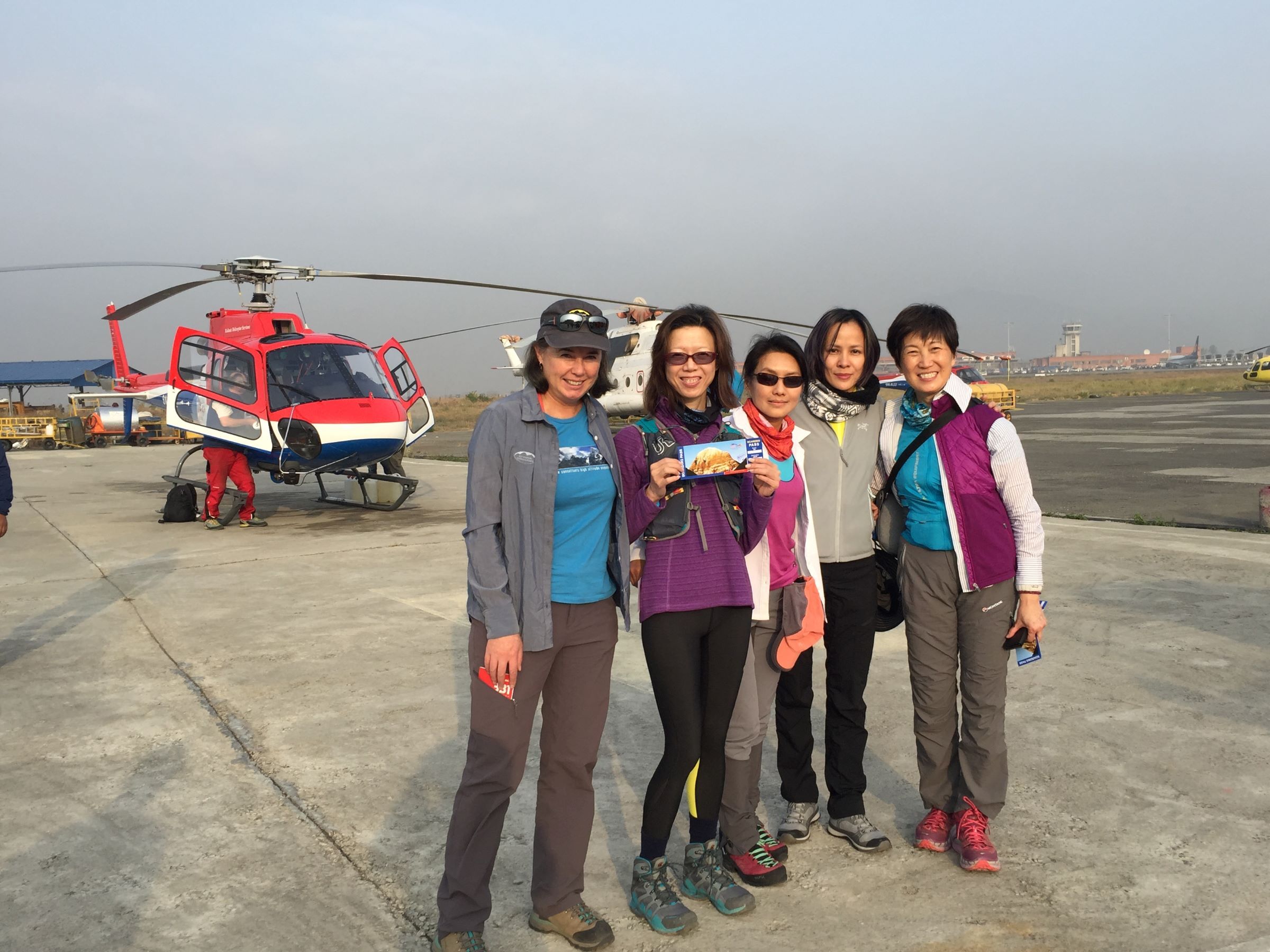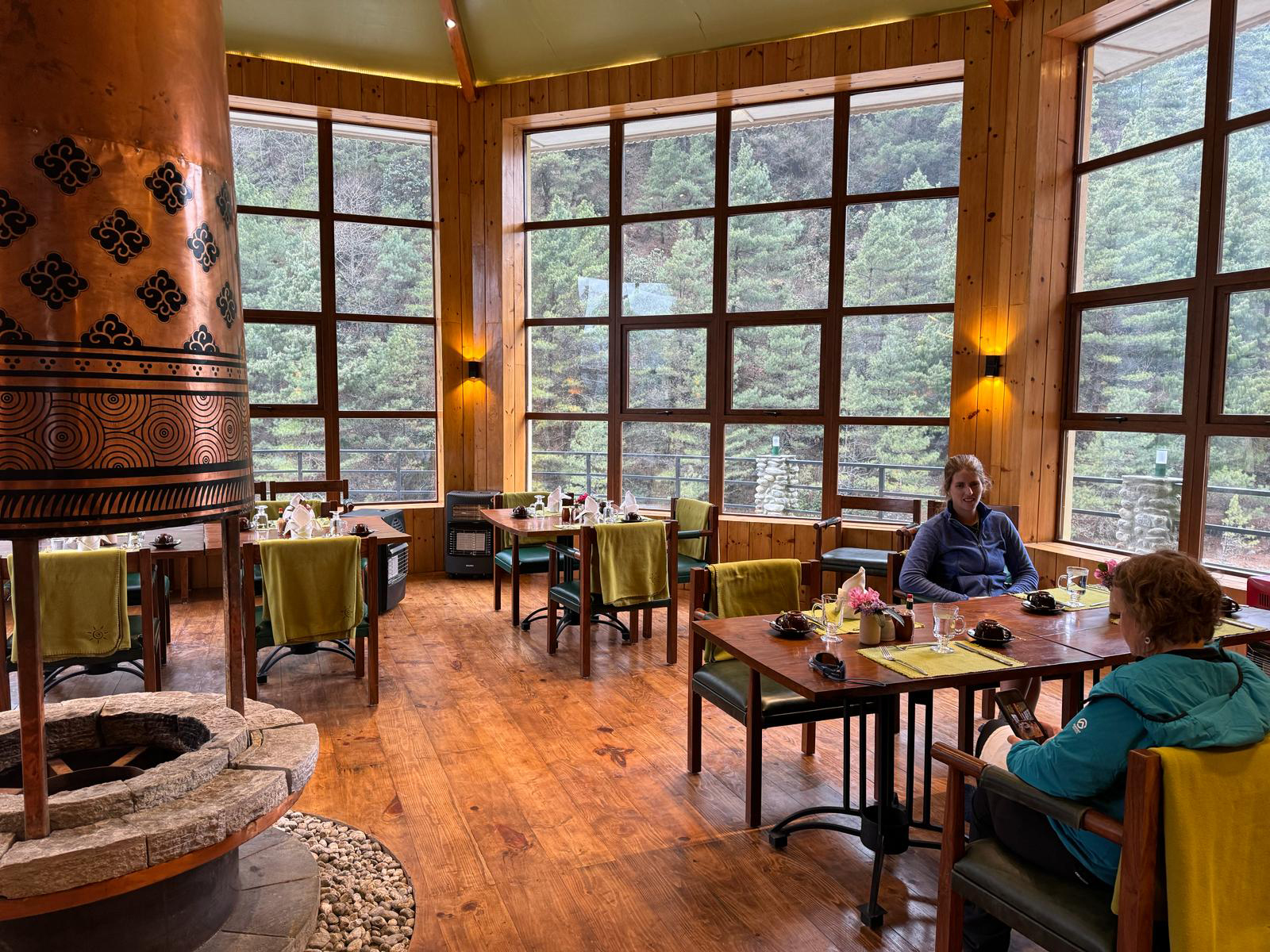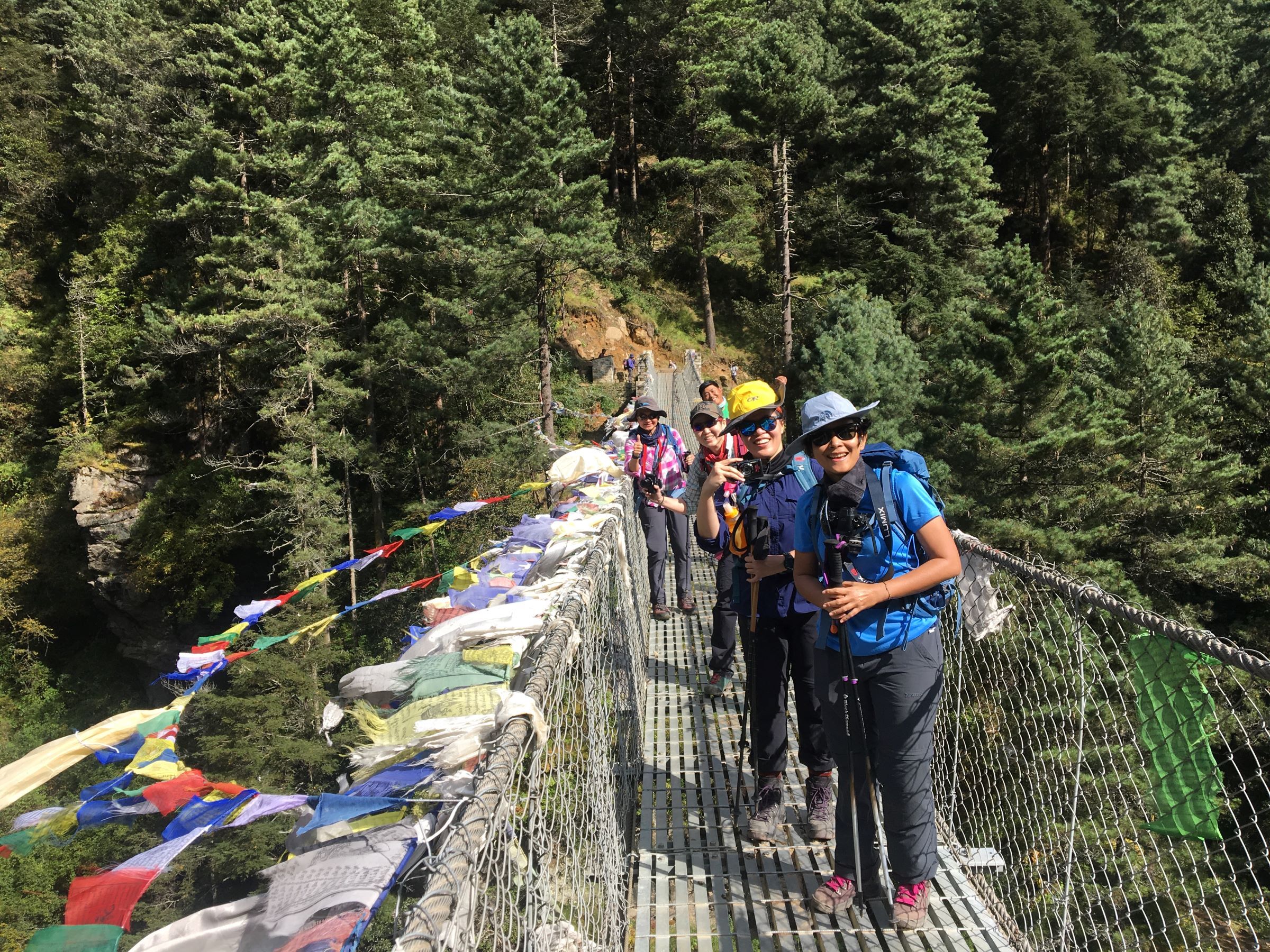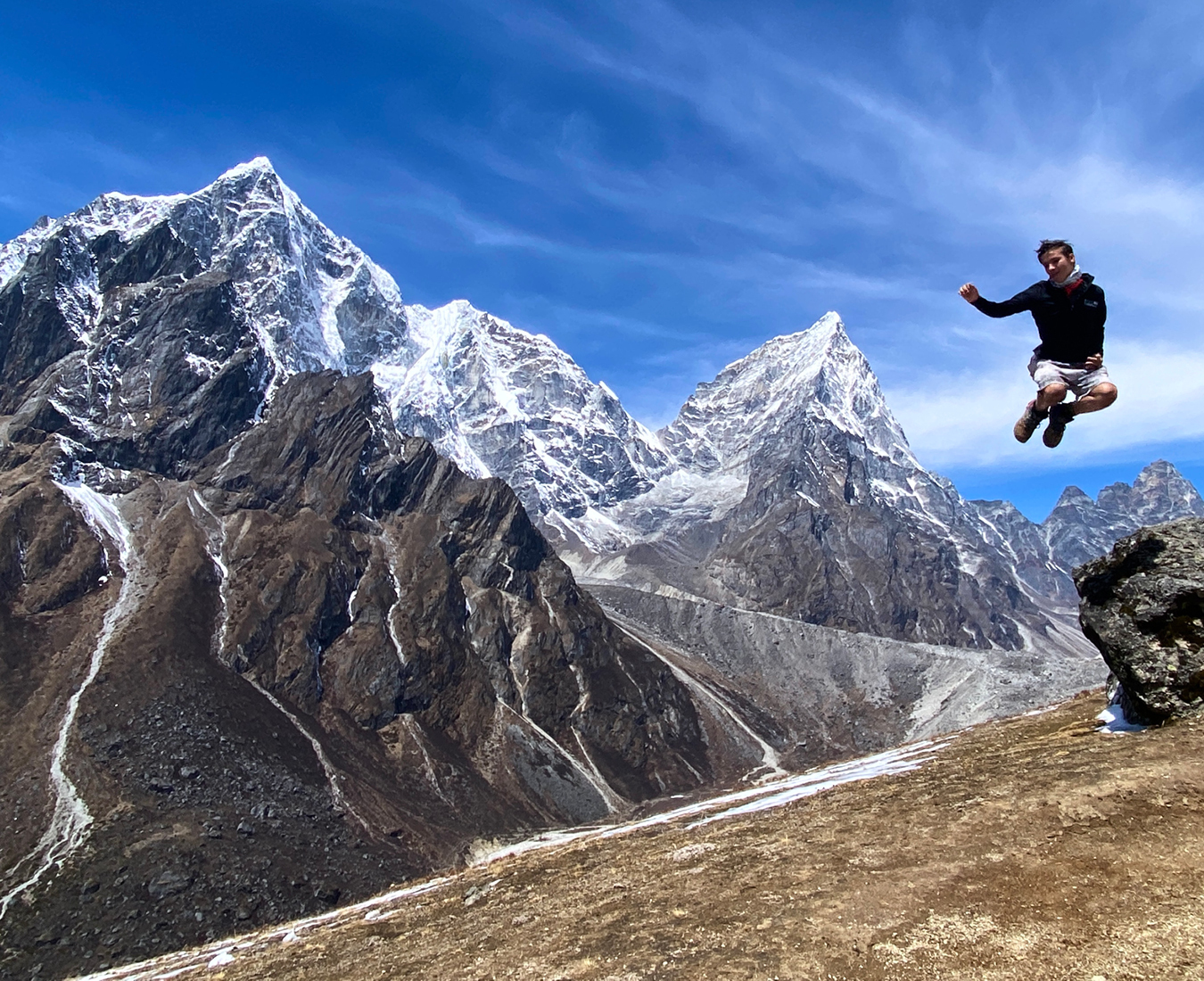The trek to Everest Base Camp is challenging and you MUST train for several months before departure to make your trip as enjoyable as possible. Training should include regular walking on hills, in combination with swimming, light running or biking and gym work to develop strength. We recommend the Everest Base Camp Training plan from Uphill Athlete.
The Everest region is stunningly beautiful and a trek to Everest Base Camp is well worth the effort at least once in this lifetime!
Throughout this journey we utilise superior lodging in the lower villages and at higher elevations you will stay in luxurious tent camps that are supported by our attentive catering staff with fine meals of fresh local and imported foods.
The journey starts with your arrival into Kathmandu where we show you our pick of the highlights of this ancient and fascinating city. You have options to stay in first-class hotels for your initial nights here then we fly by B3 helicopter into the Khumbu valley to begin the trek that has the world’s most dramatic skylines!
Our knowledgeable and personable expedition guide will show you the hidden secrets of the Everest region and lead the local crew to make this a truly memorable experience of a lifetime. While the trek to Everest Base Camp is a physical undertaking that takes some effort, this option enables you to experience this fantastic journey in comparative luxury.
- Highly resourced trek using superior hotels and alpine 'safari' camps
- Trek to Everest Base Camp then fly out by helicopter
- Maximum group size of 6
- A truly memorable experience of a lifetime
Trek Level
Trek Level
Intermediate
Elevation
Elevation
5,554m/18,222ft
Duration
Duration
15 days
Location
Location
Nepal
Arrive in Kathmandu |
Gear checks and sightseeing tour
Fly by helicopter to Phakding 2,610m/8,563ft, trek to Monjo 2,835m/9,301ft
Trek to Namche Bazaar 3,440m/11,286ft
Rest day and sightseeing
Trek to Tashinga 3,450m/11,319ft
Trek to Pangboche 3,985m/13,074ft
Trek to Dingboche luxury tented camp 4,240m/13,900ft
Acclimatisation hike around Dingboche
Trek to Lobuche luxury tented camp 4,900m/16,100ft
Trek to Gorak Shep luxury tented camp 5,165m/16,950ft |
Trek to Everest Base Camp 5,300m/17,400ft and overnight
Spare day for weather delays
Fly out to Kathmandu
Depart from Kathmandu
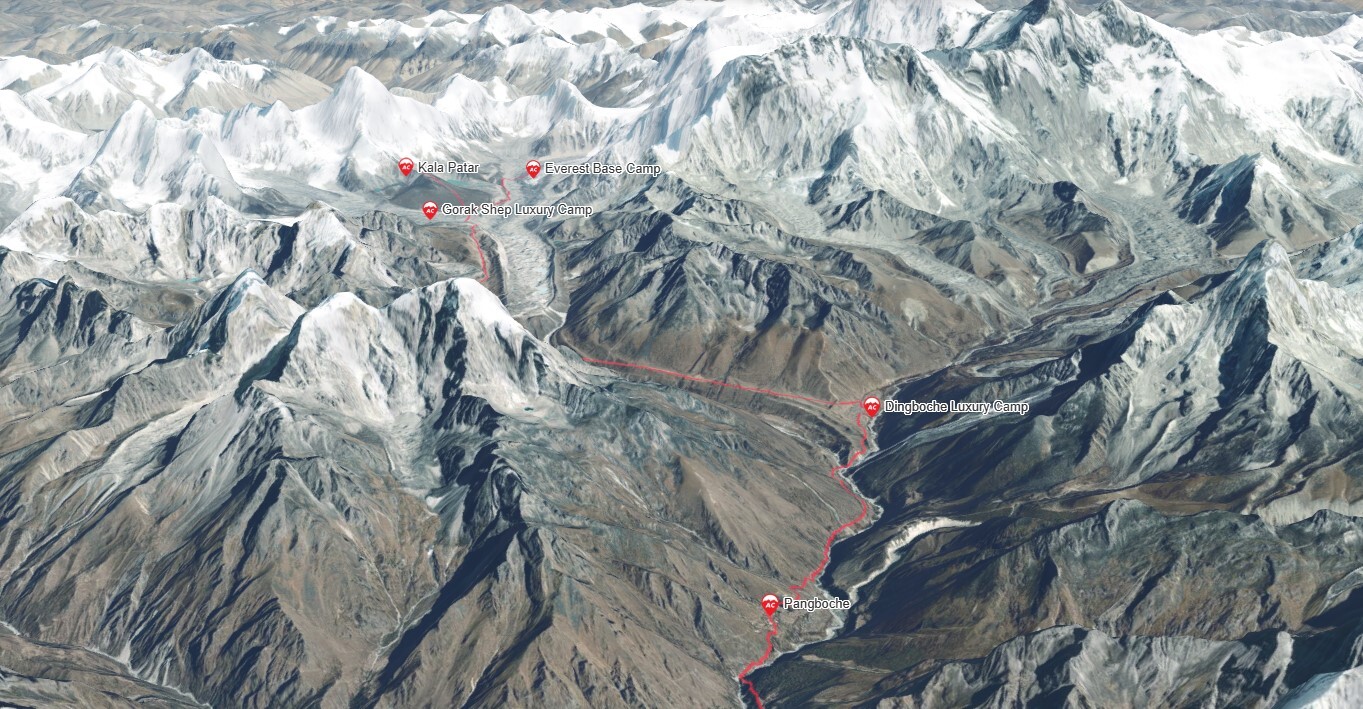
Departures and Pricing
| Start/End | Departing from | Quantity | Pricing | Notes | Book |
|---|---|---|---|---|---|
| 27 Sept - 11 Oct 2024 | Kathmandu, Nepal | 4 spaces left | $12,900 USD $ | Book Now | |
| 16 Oct - 30 Oct 2024 | Kathmandu, Nepal | Available | $12,900 USD $ | Book Now | |
| 29 Mar - 12 Apr 2025 | Kathmandu, Nepal | 5 spaces left | $12,900 USD $ | Book Now | |
| 27 Apr - 11 May 2025 | Kathmandu, Nepal | Available | $12,900 USD $ | Book Now | |
| 28 Sept - 12 Oct 2025 | Kathmandu, Nepal | 4 spaces left | $12,900 USD $ | Book Now | |
| 19 Oct - 2 Nov 2025 | Kathmandu, Nepal | Available | $12,900 USD $ | Book Now |
Looking for a specific date? Book a private trek
PREPARE
You must be well-balanced and confident when hiking variable, uneven terrain to achieve this trek.
No prior altitude experience required.
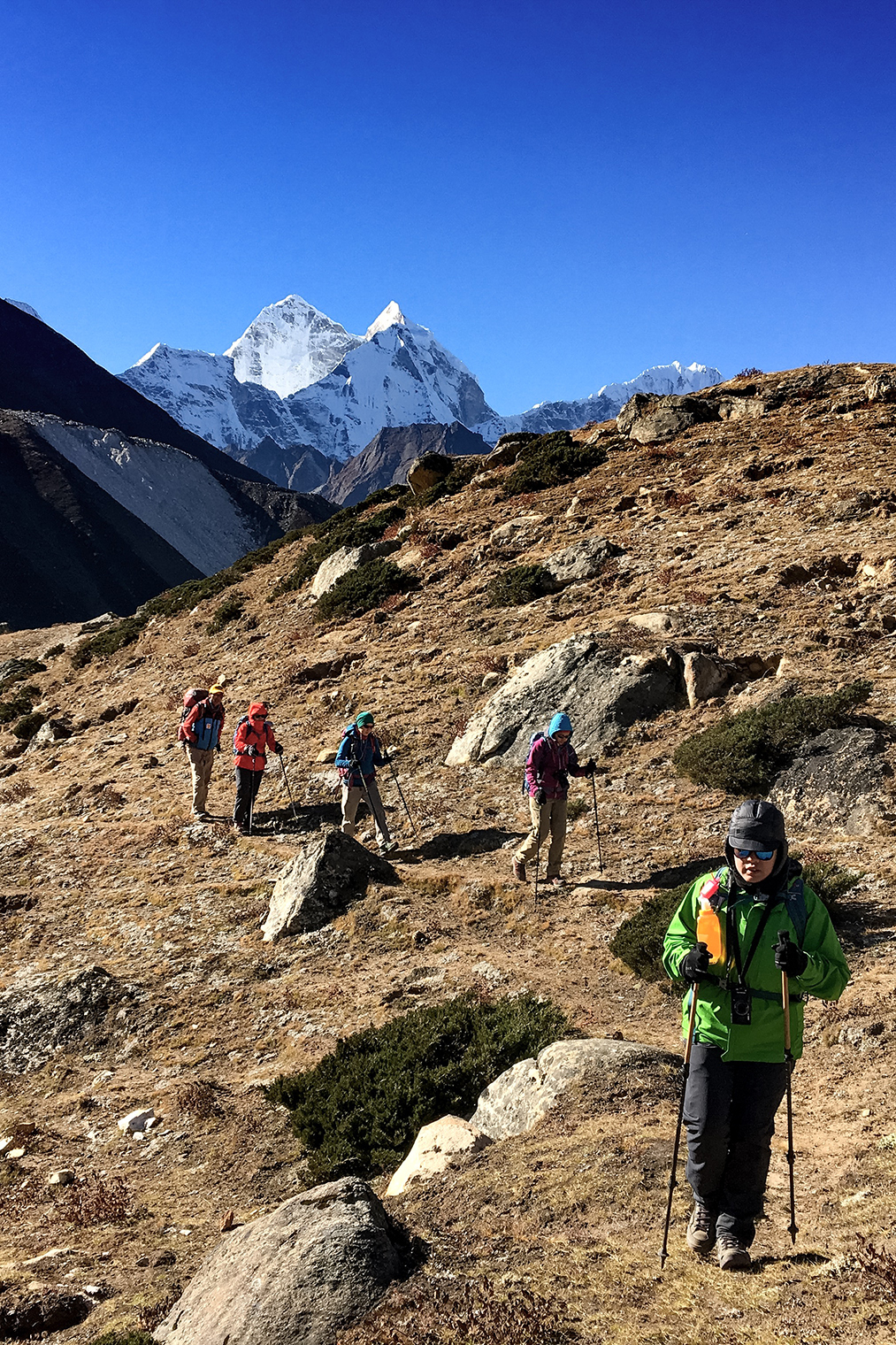
Because we want you to remember this trek for being so much more than just a hike, we at Adventure Consultants have taken enormous pleasure in planning a fusion of all the best components that we know make this a truly memorable experience.
We are renowned for our quality of service and the strategy applied to our treks. Our reputation is attributed to meticulous planning and experienced logistics coordination. We have a philosophy of investing in every trip to offer our trekkers the best possible experience.
We employ strong and specialised trek leaders and Sherpa staff, who are some of the most pre-eminent in the industry. We pride ourselves on operating with small teams and the best back-up and support available. This includes nutritious and ample quantities of food, comfortable base camp facilities, reliable communications systems and the necessary medical back up. Our staff are the most affable western or Sherpa guides working in conjunction with our excellent cooking teams, to promise you an experience of a lifetime!
Many of our team members come to us because they have seen us in action on a previous trip and decide to opt for our level of service and proven experience. Others return because they know we do our very best to make our trips safe and successful.
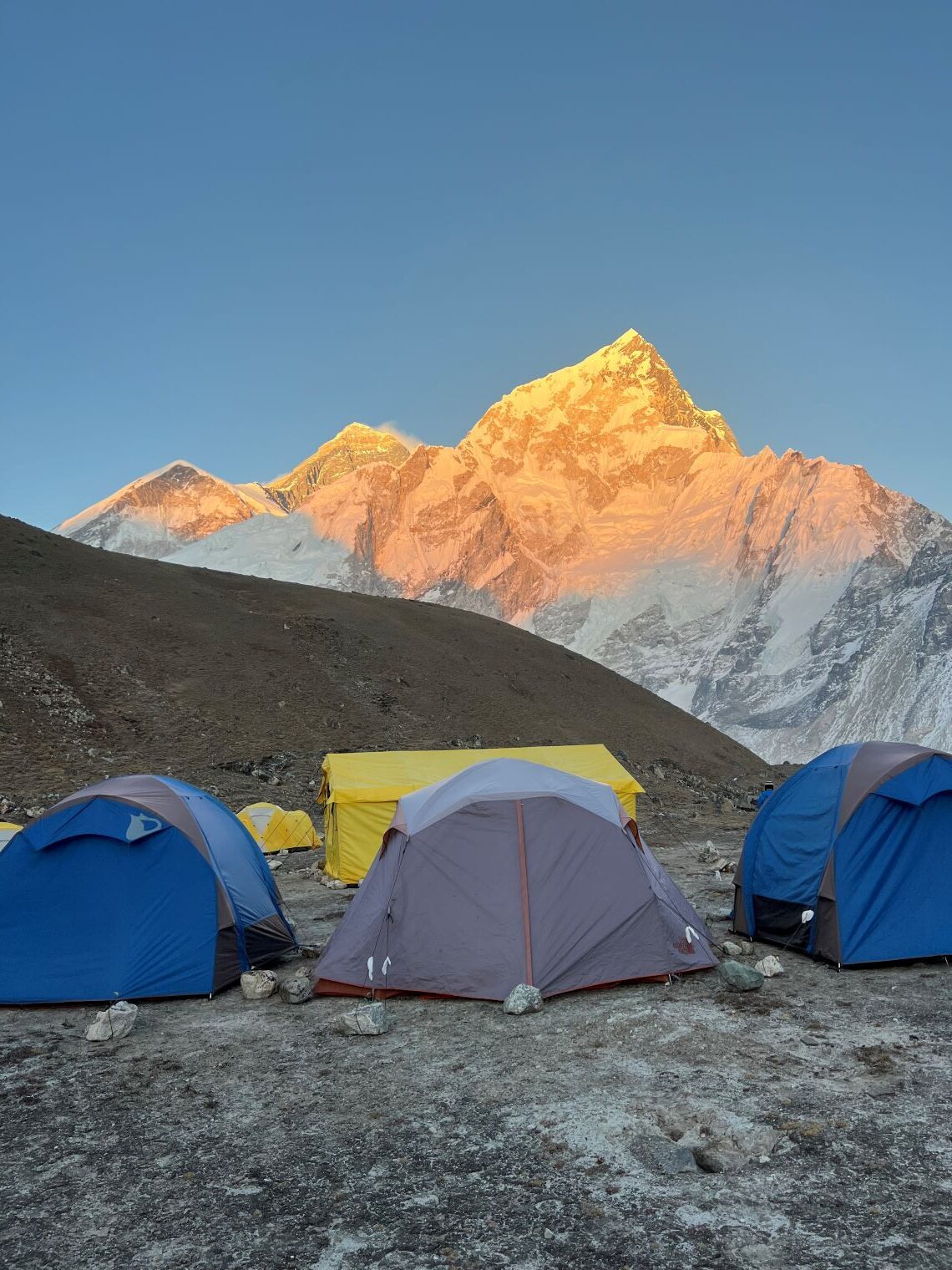
The price of your trek includes the following:
- Qualified and experienced trek leaders
- Helicopter transport from Kathmandu to Phakding, and from EBC (pre-monsoon) or Gorak Shep (post monsoon) to Kathmandu
- High end lodging at luxury lodges in lower valley and our private luxury camps in the upper valley
- Overnight at Everest Base Camp (pre-monsoon)
- Down jacket - yours to keep after the trip
- Small groups
- Comprehensive pre-trip support from our New Zealand office
